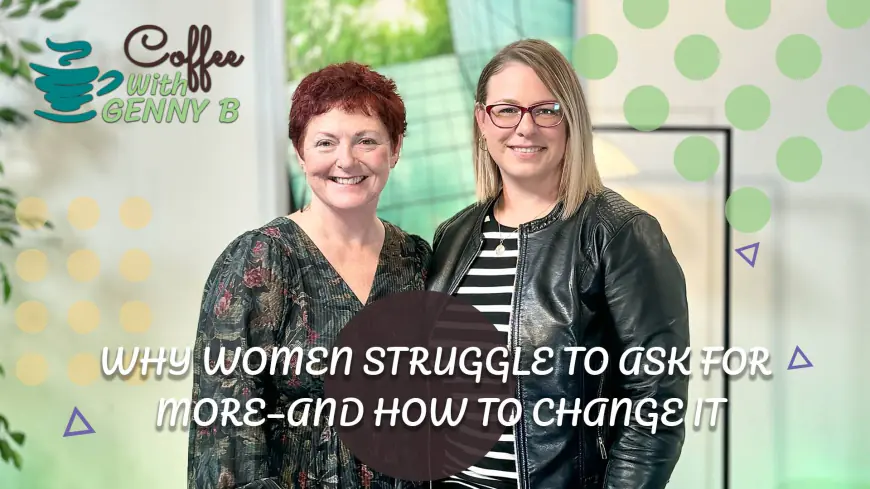Mastering negotiation skills and strategic thinking can significantly impact personal growth, career success, and community contributions. Business consultant Joanne Zuk has dedicated her career to effectively helping people, particularly women, harness these skills. Joanne brings essential insights into why women often struggle with negotiation and discusses the strategies she has developed to help them overcome these challenges.
Negotiation and Social Conditioning
Joanne shed light on an intriguing concept that girls start losing the confidence to advocate for their needs by the age of nine. She explains, “Up to a certain age, boys and girls make similar bold requests. However, as they grow older, girls often internalize societal cues to be humble, generous, and grateful. Although these qualities are admirable, they can prevent women from standing up for themselves later in life.” This social conditioning can lead many women to negotiate only for their needs and rarely for their wants, something Joanne sees as a barrier to genuine satisfaction.
Joanne emphasizes the importance of shifting from a mindset focused solely on “needs” to one that includes “wants,” noting that asking for what we want signals self-worth and personal authority. She shares, “In negotiation, when we say, ‘I need help with this,’ we might actually mean, ‘I want this, and I deserve it.’ It’s essential to distinguish between the two.”
Fearless Negotiation
Joanne’s online courses, including her Fearless Negotiation series on YouTube, have helped countless women gain confidence in negotiating for what they deserve. This series, accessible to all, covers everything from salary negotiation to business transactions, assisting individuals to adopt a more strategic mindset in any negotiation setting. Her courses guide viewers through psychological tactics that empower them to be assertive yet considerate in discussions.
Joanne believes good negotiation isn’t about playing hardball but creating a win-win scenario. “Negotiation is simply deciding what mutual benefits exist, identifying what’s on the table, and exchanging value. Whether it’s negotiating a salary or a family decision, seeing the other party’s perspective and planning for common ground is key,” she explains.
Strategic Planning for Small Businesses
Joanne is a seasoned strategist with over 20 years in public service and extensive work with small businesses. For her, strategy is a structured approach to achieving tangible goals. “As a strategist, I help people see the bigger picture, then guide them to make the hard decisions necessary to reach their objectives.”
One of her passions is helping community organizations with strategic planning. In these settings, she collaborates with leaders to assess long-term goals, identify priorities, and determine what initiatives will most effectively serve the community. Her approach is challenging and supportive, often acting as the “bad cop” to keep clients focused on what matters most.
Key Tips for Effective Negotiation
Joanne offered practical advice for those preparing for a negotiation:
1. Prepare Thoughtfully: Think about what you truly want from the outcome. Before entering any negotiation, outline what you’d like to achieve and be clear on non-negotiables.
2. Consider the Other Side: Anticipate the other party’s potential concerns and points they’re likely to support. Joanne advises listing out anticipated “yes” areas and areas they might struggle with.
3. Practice Self-Awareness: Humility, generosity, and gratitude are beautiful qualities, but during negotiation, they can overshadow our needs if we’re not mindful. Joanne recommends meditating or reflecting before negotiations to center oneself.
4. Follow Through: After a successful negotiation, ensure agreements are reflected in writing. “If you’ve done the hard work to advocate for yourself, don’t let your efforts fall through in the follow-up,” Joanne stresses.
Joanne continues to champion fearless negotiation and strategic thinking as the cornerstones of success. Her work not only strengthens women in the workplace but also encourages communities to build on strong, values-driven foundations. As she says, “The more people understand negotiation, the more empowered they are to make meaningful choices.”
– Yuliia Kovalenko, U Multicultural













































































































